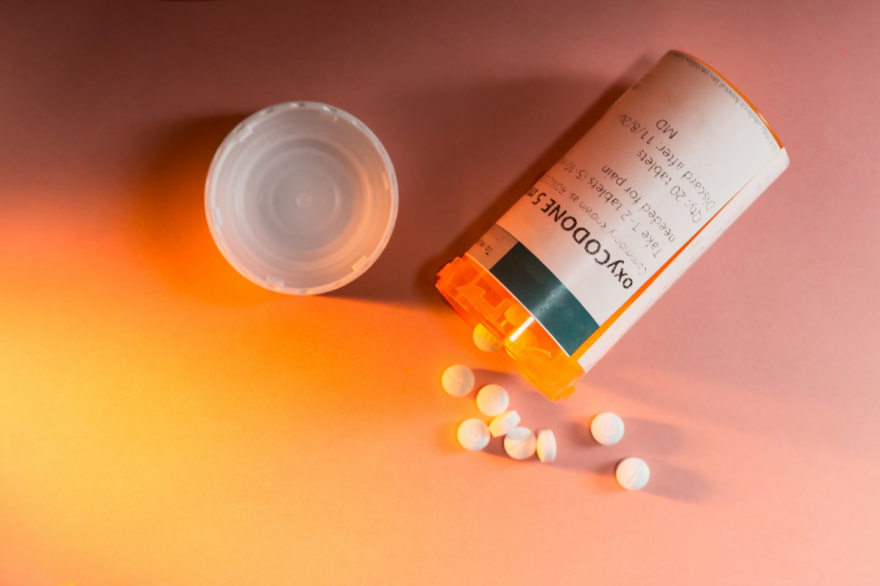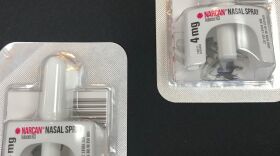On this episode of "Take Care" we're exploring addiction and the opioid crisis. It's a topic on the minds of health professionals, community leaders, elected officials and citizens across the country. Some cities and states have been hit particularly hard, others are working proactively to give their residents options for recovery. It's a complicated issue that we're looking at from a few different angles.
First, we speak to a graduate student in recovery who's working to establish a hub of support and resources for others on campus. Bob Lamb talks about founding the Temple Collegiate Recovery Program and why peer-to-peer support was one of the reasons he was able to start his own recovery process.
Dr. Richard Rawson joins us from the Vermont Center on Behavior and Health at the University of Vermont to clear up addiction stereotypes, including having a so-called "addictive personality," and to discuss the future of treatment and recovery.
Newborns and children have also been affected by the drug crisis. To understand what the first few weeks of life are like for a baby born drug-dependent, we talk with Dr. Sean Loudin, neonatologist at Cabell Huntington Hospital in West Virginia. He's also medical director at Lily's Place -- the first neonatal abstinence syndrome center in the United States.
Philadelphia could be the first city in the country to establish supervised injection sites. The idea has supporters in high-level government roles, and many vocal opponents. Sites like these are already in operation in Canada, but have not yet made it to the states. We'll check in with WHYY reporter Elana Gordon to get the latest details on the city's plans.

For the latest in health and wellness, the executive director and president of the Center for Science in the Public Interest (CSPI) joins us. CSPI has released a list of so-called supplements that claim to treat the effects of withdrawal and ease addiction. The issue here is the body of proof -- many of these companies cannot supply the results of research, trials or tests that prove their products work. Some have actually been deemed dangerous by the Federal Drug Administration.
Join us for these discussions and more about a grant to fight opioid abuse in upstate New York, self-supervised injection, and one family's struggle with addiction. Hear "Take Care" this Sunday, April 22 at 7 p.m. and again Friday, April 27 at 1 p.m.








